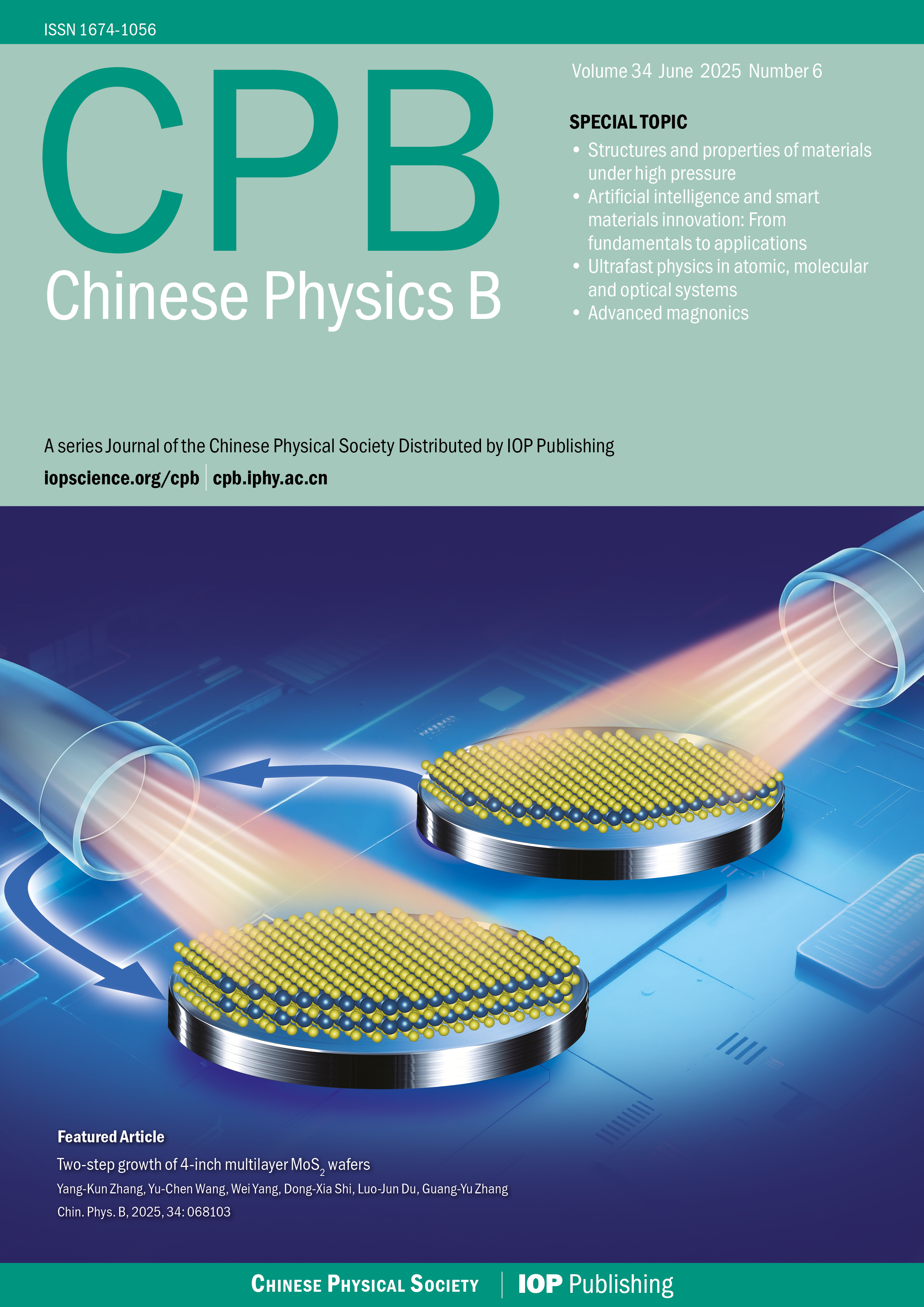Actions of negative bias temperature instability (NBTI) and hot carriers in ultra-deep submicron p-channel metal-oxide-semiconductor field-effect transistors (PMOSFETs)
- Available Online: 30/07/2007
-
Key words:
- ultra-deep submicron PMOSFETs /
- negative bias temperature instability (NBTI) /
- hot carrier injection (HCI) /
- positive fixed oxide charges
Abstract: Hot carrier injection (HCI) at high temperatures and different values of gate bias Vg has been performed in order to study the actions of negative bias temperature instability (NBTI) and hot carriers. Hot-carrier-stress-induced damage at Vg=Vd, where Vd is the voltage of the transistor drain, increases as temperature rises, contrary to conventional hot carrier behaviour, which is identified as being related to the NBTI. A comparison between the actions of NBTI and hot carriers at low and high gate voltages shows that the damage behaviours are quite different: the low gate voltage stress results in an increase in transconductance, while the NBTI-dominated high gate voltage and high temperature stress causes a decrease in transconductance. It is concluded that this can be a major source of hot carrier damage at elevated temperatures and high gate voltage stressing of p-channel metal-oxide-semiconductor field-effect transistors(PMOSFETs). We demonstrate a novel mode of NBTI-enhanced hot carrier degradation in PMOSFETs. A novel method to decouple the actions of NBTI from that of hot carriers is also presented.

 首页
首页 登录
登录 注册
注册






 DownLoad:
DownLoad: